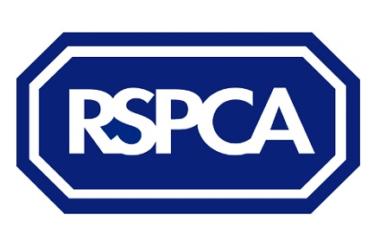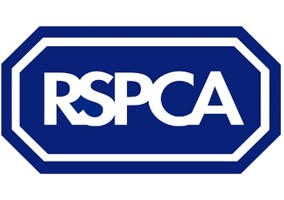The RSPCA’s income fell by over £10m, contributing to a £17.2m deficit in 2019, its latest accounts show.
Total income for the financial year ending 31 December 2019 was £130.7m, down from £142m the previous year, according to its annual report on its website.
Spending was £146m, down from £158.6m in 2018, and the report warned that demand was increasing and the coronavirus pandemic is placing extra pressure on the charity.
It also reports a £9m actuarial loss on its pension scheme, and a £7m net gain on investments. Its net movement in funds was a deficit of £17.2m.
The RSPCA says it aims to bring its day-to-day costs down and move to a balanced budget by 2022. As such it made 269 redundancies and closed four sites in 2020.
In his foreword to the accounts, René Olivieri, chair of the RSPCA says: “We are currently living through an unprecedented time in the midst of the Covid-19 pandemic and undoubtedly the impact of this will be felt for many years to come. Thankfully we are now in a strong position to rise to these challenges and be there for the animals who need us most.”
Healthy reserves but Covid-19 pressures
Although it reported a deficit last year, the RSPCA’s reserves remain healthy.
Its level of free reserves is within its target of between £75m and £100m, at £90.3m. The report notes: “The current risks around Covid-19 are an example of why we hold such free reserves and these will be used accordingly to ensure the RSPCA remains a going concern.”
RSPCA expects the pandemic to hit its income in its 2020, warning that regular donors “could drop significantly”.
It also forecasts a £13m drop in legacy income due to “falls in the stock and property markets and delays in administration”.
‘Roots and branch’ review of fundraising
The bulk of the RSPCA’s income is made up of donations and legacies, making up £108.6m in 2019, down from £122.6m in 2018.
Legacies account for £69m in 2019 (2018: £81.4m), while donations were £39.6m (2018: £41.2m).
During 2019, the RSPCA carried out a “roots and branch” review of its fundraising operations, which led to a new strategy.
The report says: “Performance over recent years had dipped and our immediate priority was to halt this decline and move to a new growth trajectory.”
This led to the creation of a new regular giving email journey, “driven by engaging stories and content” and a new emergency appeals process “to enable us to react and respond more quickly and generate funds”.
Staff and pay
The report says that the RSPCA “launched our first ever comprehensive people and culture strategy” during 2019.
It also said staff engagement had improved with its survey showing an engagement measure of 61% – 11 points up on 2017. 88% of respondents said they were proud to work for the RSPCA.
The report emphasises that the “reward review”, which led to a dispute with its trade union Unite, was part of making the RSPCA more sustainable.
In his foreword Chris Sherwood, chief executive, acknowledges that: “This was a very challenging time for our staff but it was necessary to bring our income in line with our expenditure and make us sustainable for the future.”
In 2019, the RSPCA employed 1,668 employees (full-time equivalent) and staff costs were £63.2m. In 2019, the it made termination payments of £207,000 (2018: £335,000). This is a combination of compulsory and voluntary redundancy payments plus termination payments made under settlement agreements.
The chief executive and executive team had their pay frozen in 2019 “due to the current financial challenges the RSPCA faces”.
Sherwood received a total cash payment (including base pay and car allowance) of £150,007 and the report says trustees are looking and being more transparent about pay in future.
Diversity and inclusion
The RSPCA says it introduced a Respect Policy in 2019 as a “commitment to an inclusive, supportive workplace which encourages and embraces diversity and inclusion”.
During the year its first diversity network – the Umbrella Network – was set up as an “inclusive space for people from the LGBTQIA community and allies to come together, to share ideas and resources”.
Its gender pay gap is 19.26%, in favour of men, while its workforce is predominantly female, which is higher than the national average of 17.3%, and the report says: “This will be an area of focus moving forward.”
Its workforce is predominantly white, with 81.4% saying that their ethnic origin is English/Welsh/Scottish or Northern Irish.
Just 2% identified as BAME, 2.8% said “other” and 13.8% said “prefer not to say”.
Related articles












